Indigenous voice: practical and symbolic reasons for change
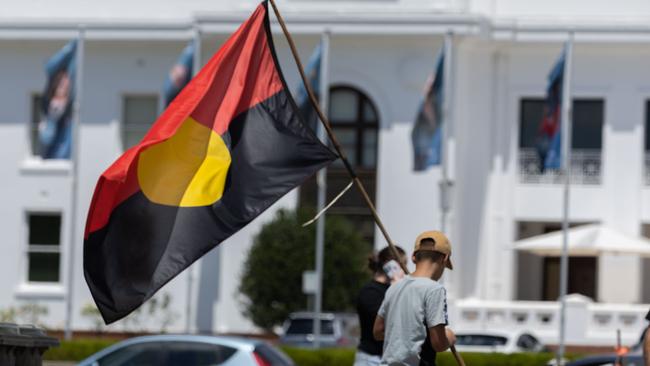
One of the incredible achievements of the voice proposal is that it offers a substantial and practical change that has been tailor-made to fit within, while also improving, Australia’s Westminster system of democracy.
Several years ago, Aboriginal and Torres Strait Islander people were asked in a historic dialogue process, that led to the Uluru Statement from the Heart, what form of constitutional recognition they wanted. They all agreed that a guiding principle must be not to waste the opportunity that recognition offered.
We, the Australian people, should adopt a similar guiding principle. Aboriginal and Torres Strait Islander people have given us a chance to improve our democracy, and achieve practical, beneficial impacts not just for Aboriginal and Torres Strait Islander people, but for everyone else as well.
So, what does the voice offer? Here we want to talk about five of the key opportunities the voice presents Australia.
The first is that the voice will not simply rehash the failing status quo by providing a form of simply symbolic recognition that allows government business in Indigenous affairs to continue on as usual. The status quo, as the annual reporting on the Closing the Gap targets remind us, is in desperate need of improvement. We are already throwing billions of dollars at trying to do that, with patchy success. The voice achieves recognition but also provides a forum through which Indigenous expertise can improve policy outcomes.
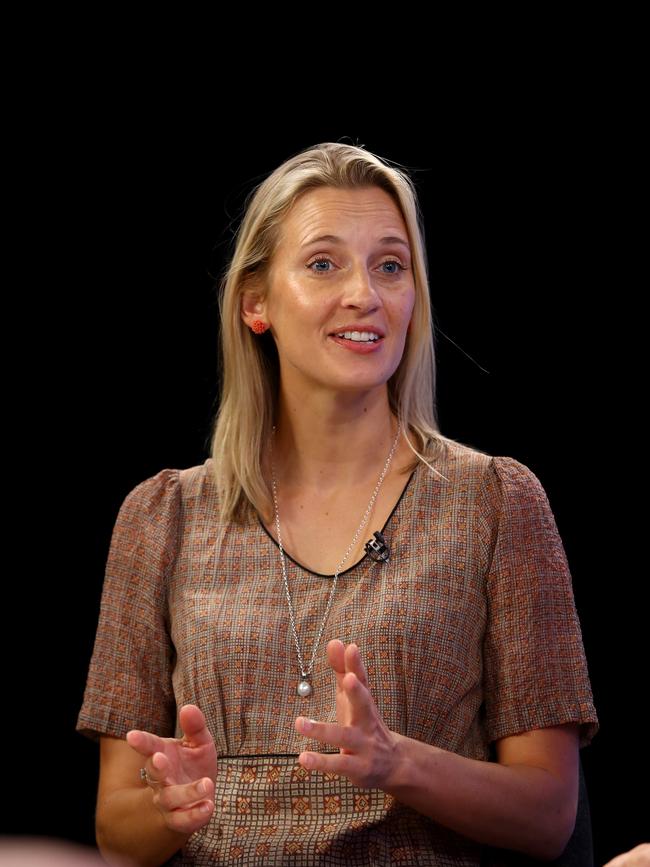
Which leads us to the second key opportunity the voice offers, which is a change to the Constitution that is targeted at practical outcomes. It’s a new representative body in the Constitution that will facilitate political participation for Aboriginal and Torres Strait Islander people, with the goal of improving government and parliamentary decision-making. It will provide a mechanism through which their experience will inform, and improve, outcomes. The voice is very much about good governance – the wise use of public resources.
This demonstrates why it is entirely appropriate that the voice will speak to government and parliament on laws, policies and decisions that are targeted specifically at Aboriginal and Torres Strait Islander people, as well as general matters that have a particular impact on them. We know that the experience of Aboriginal and Torres Strait Islander people across a vast number of areas – from education to health, from policing to environmental protection – is often significant and likely to improve outcomes for them and their communities, as well as the broader Australian public.
Just think about the many lessons that we now appreciate could be gained from Indigenous land management practices as we face the task of mitigating risk caused by increased extreme weather events including fire and floods.
Third, the voice is substantial and practical, but it’s not radical in the sense that it leaves our existing democratic and governance systems in place. It operates within – and respects – our established Westminster traditions of democracy. The voice is part of a long tradition we have in Australia in seeking to improve the quality of our democracy, without overhauling it. The voice is targeted at improving the effectiveness of democratic representation. The principle behind the voice has long been familiar in our system of federalism and local governance: that no one else knows local needs better than the locals themselves.
The fourth point to make is that even though we might never have tried this before, it’s increasingly seen across the world as best practice. We see versions of Indigenous political participation operating in Canada, New Zealand and in the Nordic jurisdictions of Norway, Sweden and Finland. And Australia has committed to providing such a voice in its endorsement of the Declaration on the Rights of Indigenous Peoples.
What’s important to note here is that the voice is an opportunity for Aboriginal and Torres Strait Islander people to participate in decision-making and law-making processes that affect them. It’s not the granting of special property rights, cultural rights or the creation of separate legal systems. Under the voice proposal, these rights and claims can still only be granted, amended or even repealed by the parliament, which represents all Australians.
And the fifth opportunity that the voice provides is as a practical mechanism to deal with the complex and highly contested claims about the foundations of Australia’s legal and political system. These contests can be worked out issue by issue, challenge by challenge, on the ground as a matter of practice as government decisions are made and parliament passes laws.
Contrary to the arguments of some commentators, the voice itself doesn’t create a new claim for Indigenous sovereignty – this has been claimed by Aboriginal and Torres Strait Islander people as unceded and unextinguished since colonisation. The voice also won’t displace the current position in Australia relating to the Crown’s sovereignty. But it can offer a practical mechanism to work through the challenges that these competing claims create.
The voice proposal offers Australians the opportunity to recognise Aboriginal and Torres Strait Islander people in a way that changes the status quo that everyone accepts is in need of improvement. Let’s not squander that chance.
Gabrielle Appleby is Professor, Faculty of Law & Justice, University of New South Wales. Ron Levy, is Associate Professor, ANU College of Law, Australian National University.

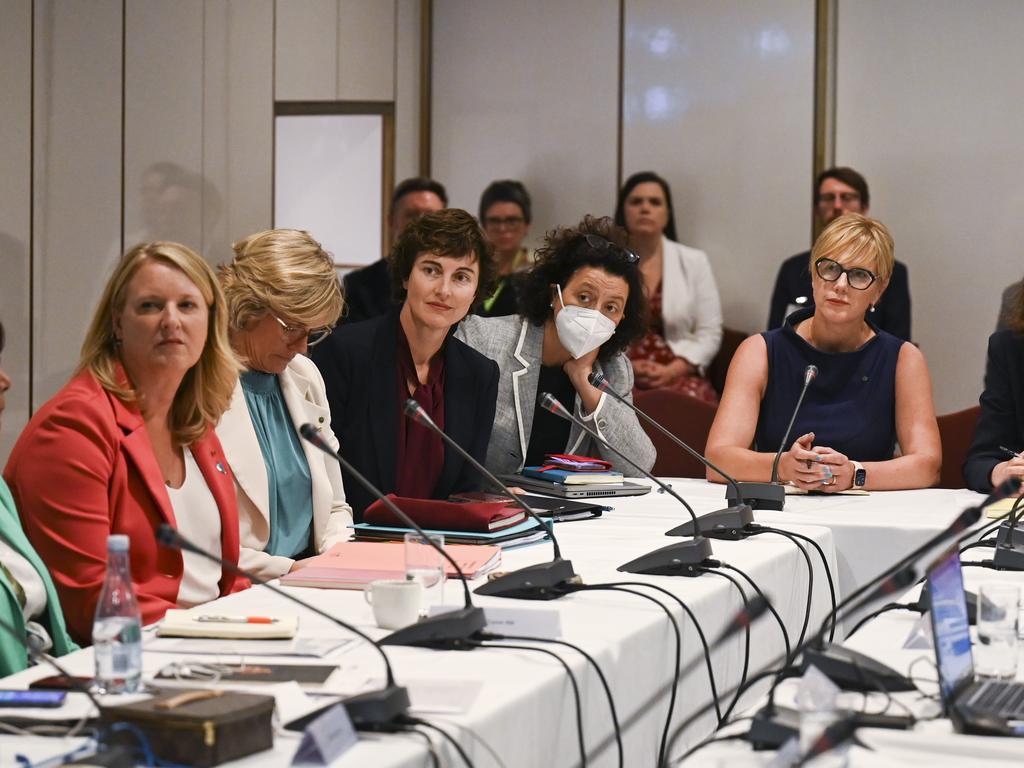
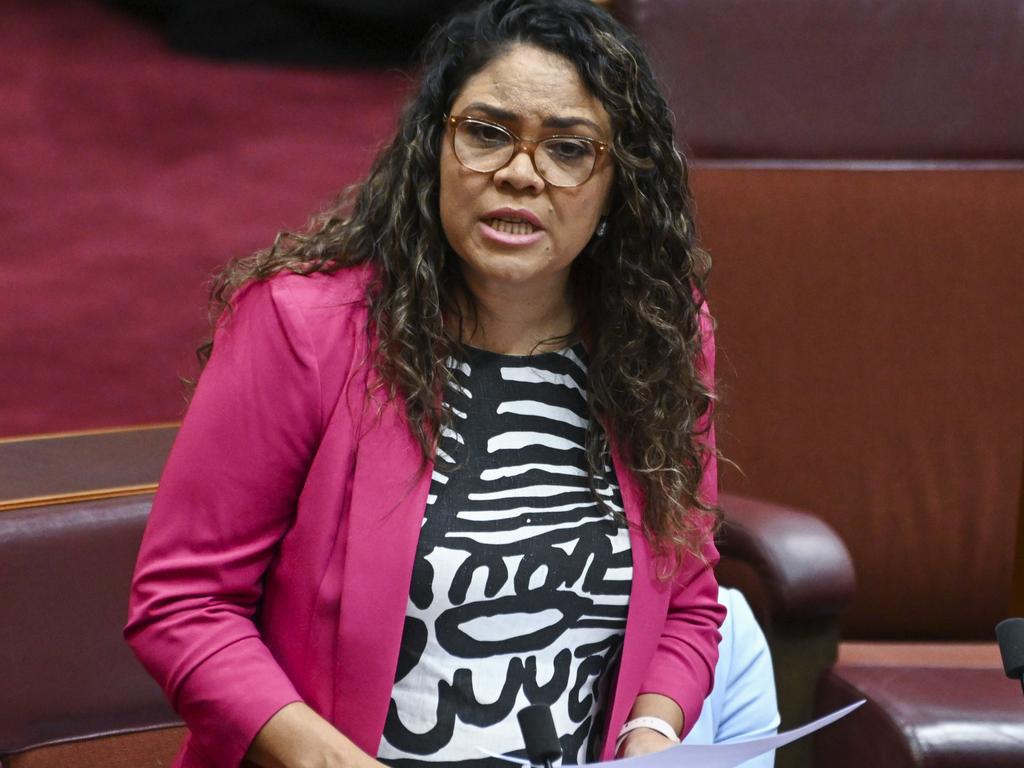

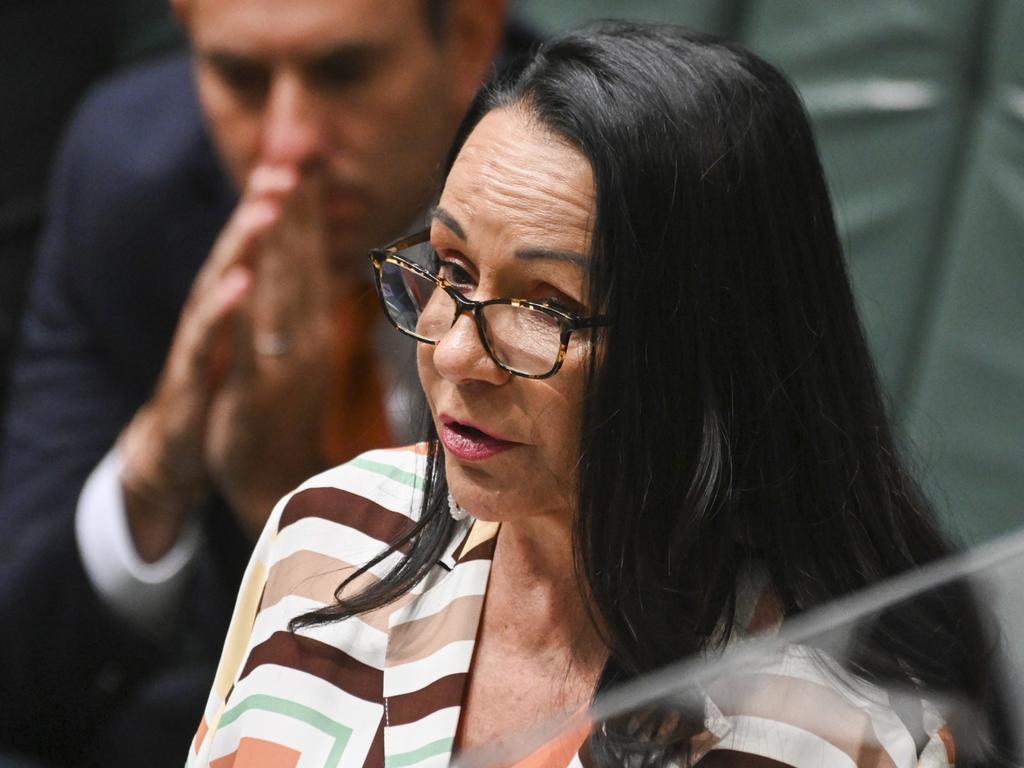


There’s a lot of debate in the public at present about the voice referendum, and in particular about what the voice might be able to achieve. Will it be practical enough? Is it radical enough or too radical?